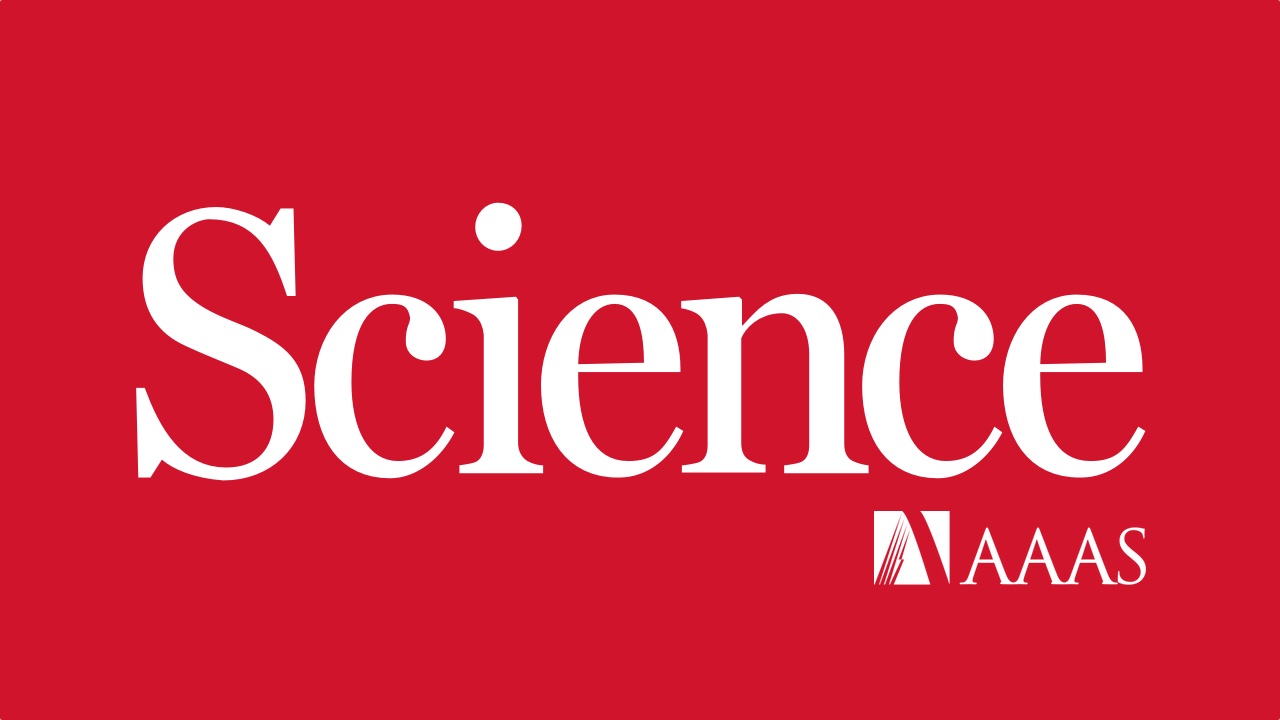Researchers studied the effects of exposure to reshared content on Facebook during the 2020 US election by assigning a random set of consenting, US-based users to feeds that did not contain any reshares over a 3-month period. They found that removing reshared content substantially decreases the amount of political news, including content from untrustworthy sources, to which users are exposed; decreases overall clicks and reactions; and reduces partisan news clicks. Further, they observed that removing reshared content produces clear decreases in news knowledge within the sample, although there is some uncertainty about how this would generalize to all users. Contrary to expectations, the treatment does not significantly affect political polarization or any measure of individual-level political attitudes.
It has been more than 10 years since social media platforms began to adopt reposting as a core feature. More than one-fourth of posts that Facebook users see in their feeds have been “reshared” [see supplementary materials (SM) section S1.8]: Rather than originating from a friend, a followed page, or a group they belong to, these posts appear in their feeds when they are reposted by someone to whom they are directly connected. For Facebook and other platforms that enable reshare functionality, content rapidly attains popularity, or “goes viral,” because it is reshared, and removing reshared content has been suggested as a policy intervention to minimize harmful effects of virality. However, the effects of such an intervention are unknown because most reshared content does not go viral. Given platforms’ importance as facilitators of public discourse, this key element of the social media experience could affect political attitudes and behaviors. Accordingly, they investigated the impact of removing reshared content from the feeds of consenting Facebook users on political polarization and political knowledge with a randomized controlled experiment conducted within the context of the 2020 US presidential election campaign.
Read the research article in Science.


